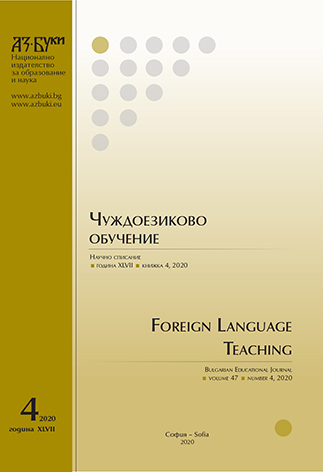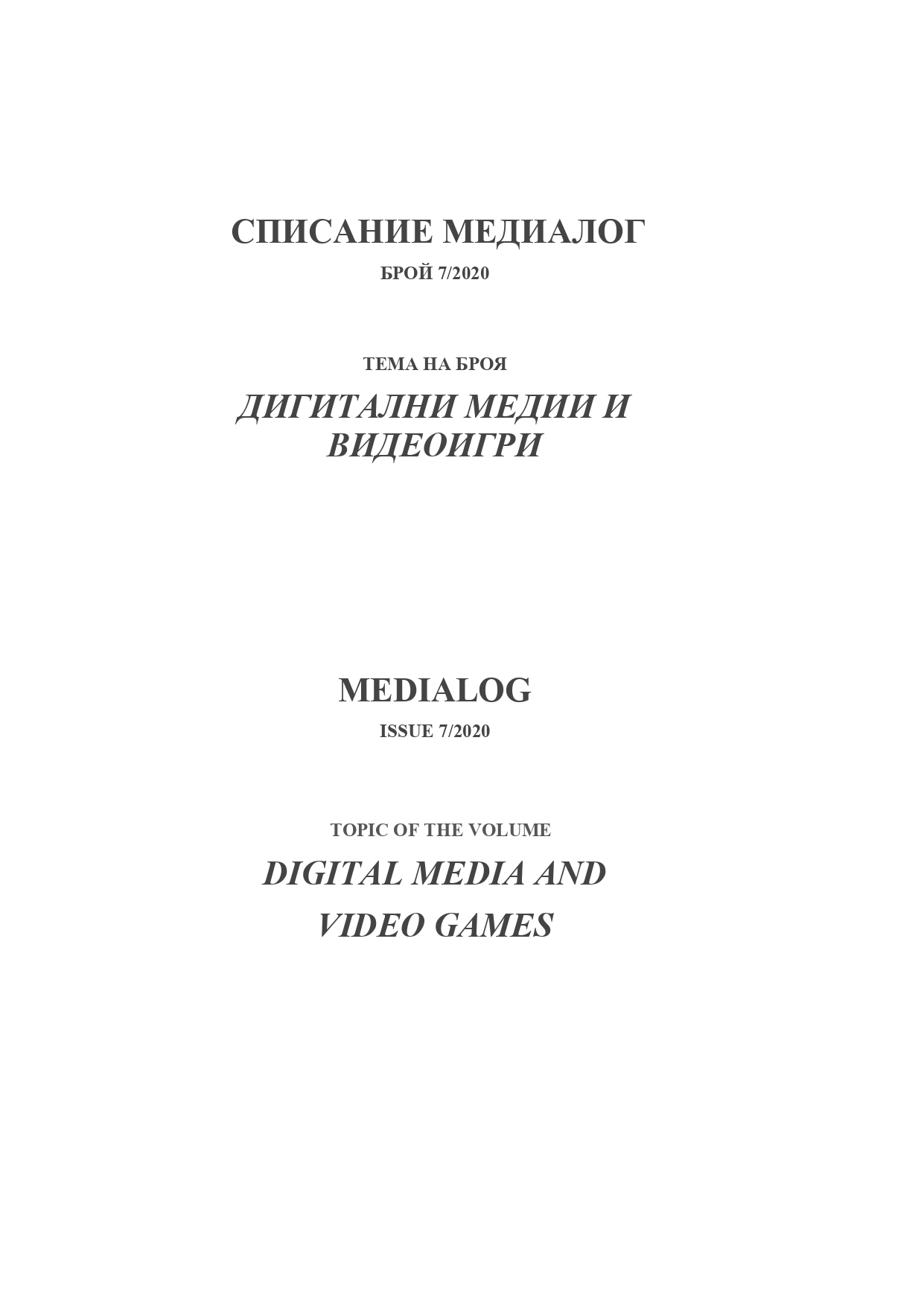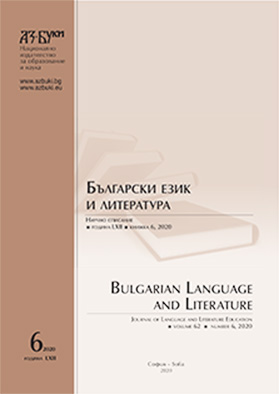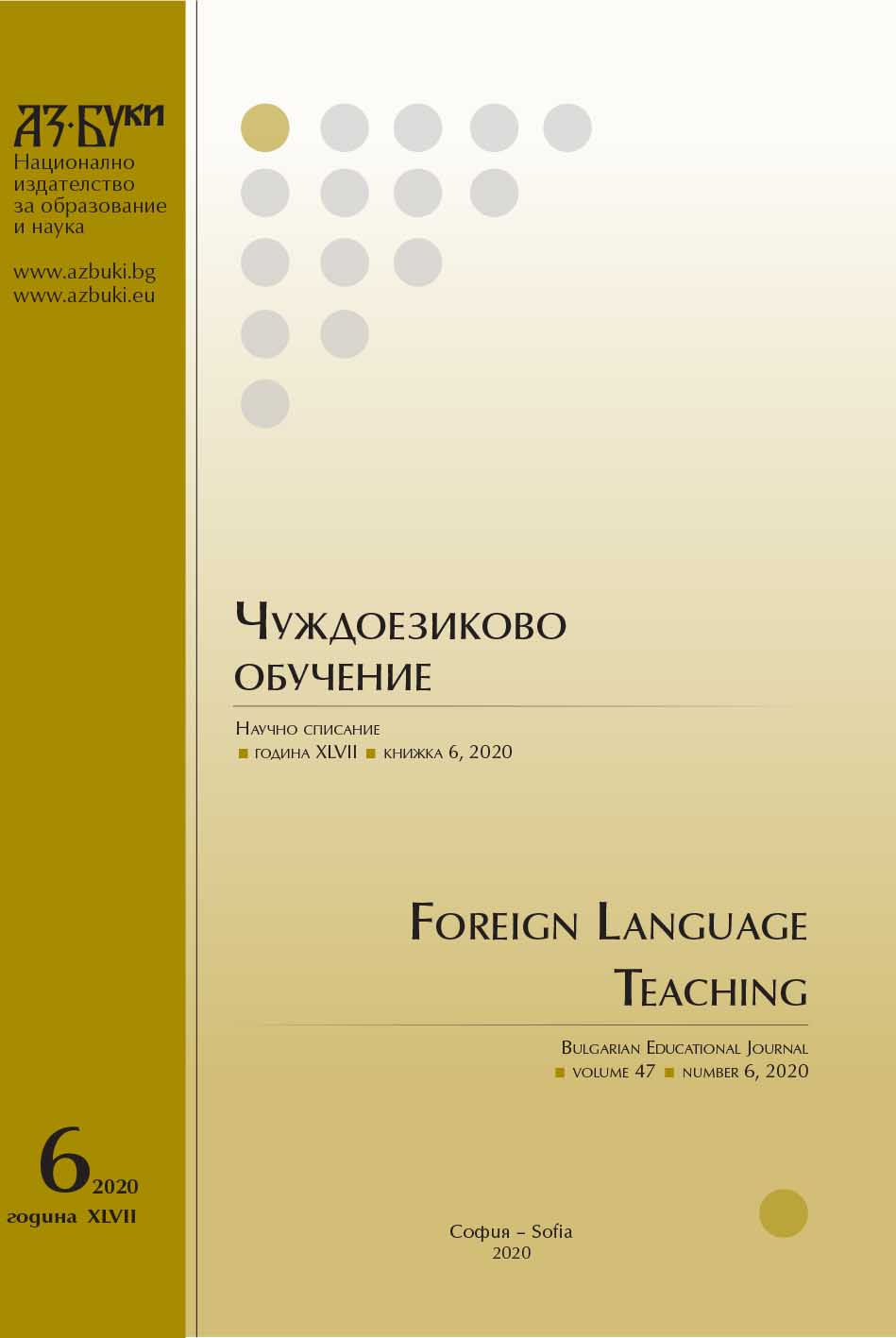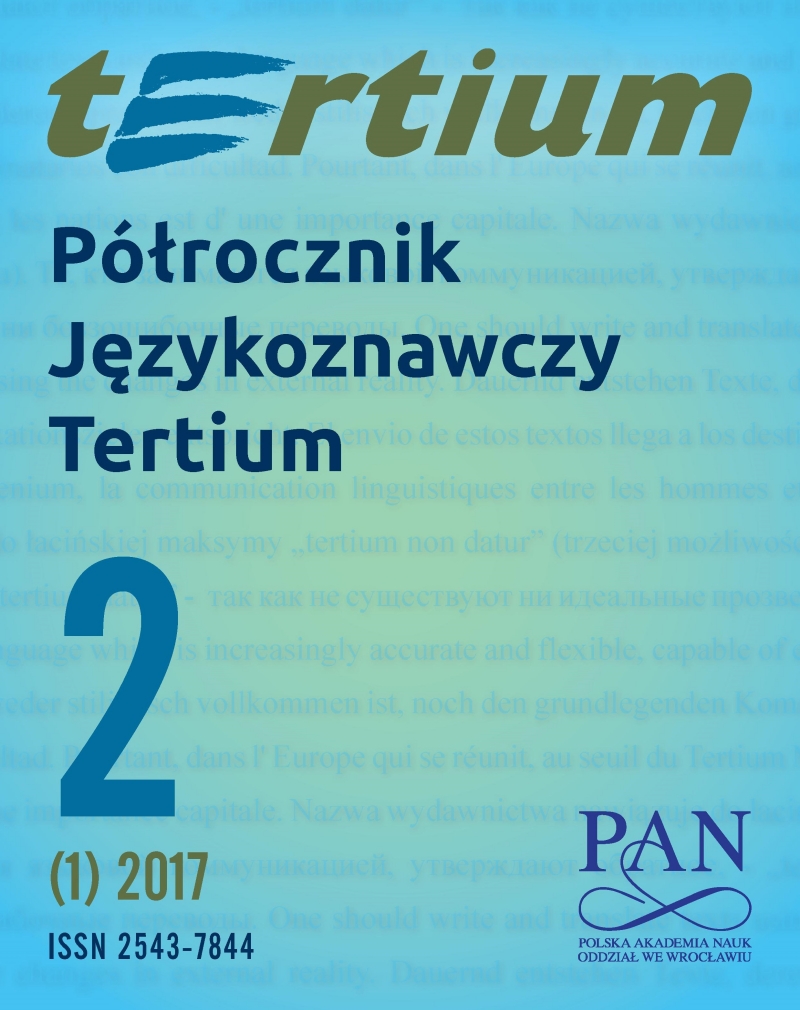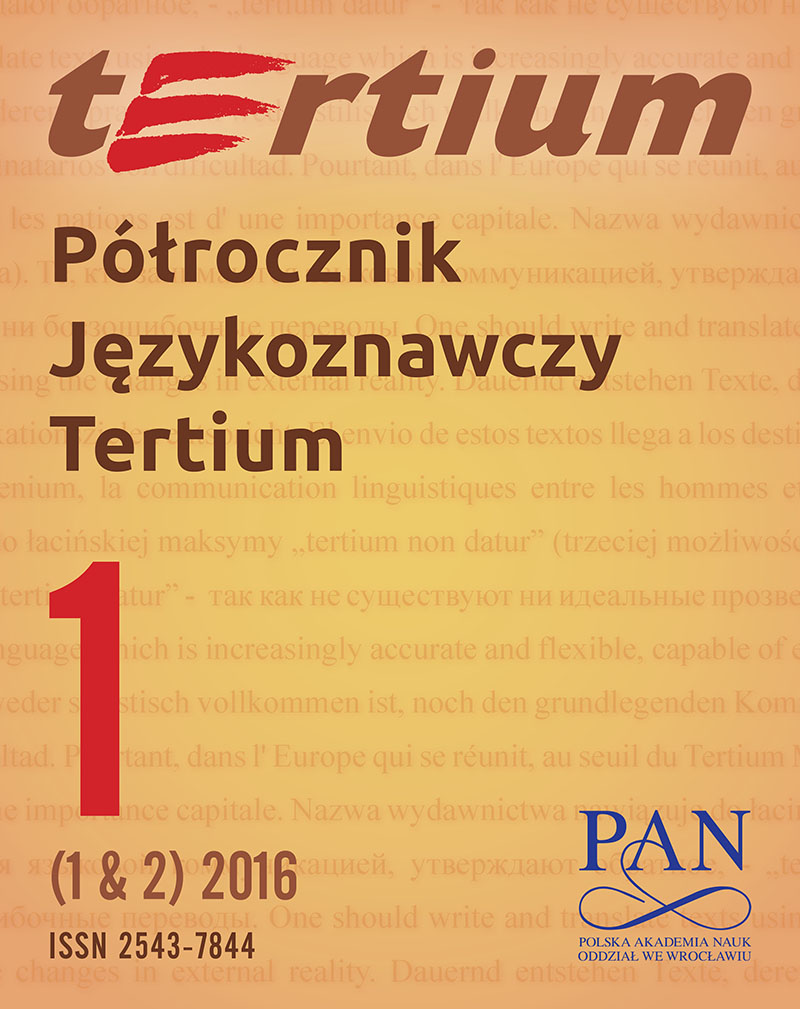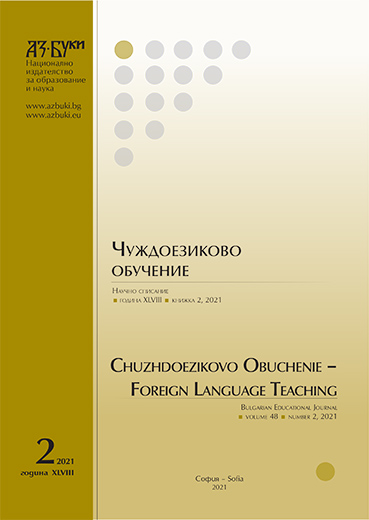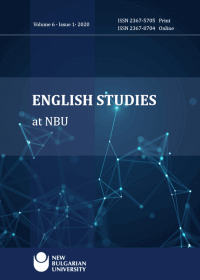
Framing the Identity of an Ideal Primary School Teacher of English
The article presents a study that aimed to examine how primary school teachers of English as a Foreign Language (EFL) framed the identity of an ideal EFL teacher. The specific research aim was to identify and classify frames associated with the identity of an EFL primary school teacher in the corpus of reflective essays of approximately 1000 words about an ideal EFL teacher in Norwegian primary school contexts written by 32 Norwegian in-service primary school EFL teachers. It was hypothesised that the participants’ framing would be reflective of the identity of an ideal EFL teacher in Norway. The corpus of the participants’ essays was analysed in accordance with the framing methodology developed by Entman (1993) and Dahl (2015). The results of the framing analysis indicated that the participants in the study framed the identity of an ideal EFL teacher via frames associated with future ideal selves, ought-to selves, the identity of their former EFL teachers, and the identity of an ideal EFL teacher as a fictional character. The study implications would be beneficial to pre-service and current in-service EFL teachers and teacher-trainers alike, who could treat the results as a collective “portrait” of an ideal EFL teacher.
More...
